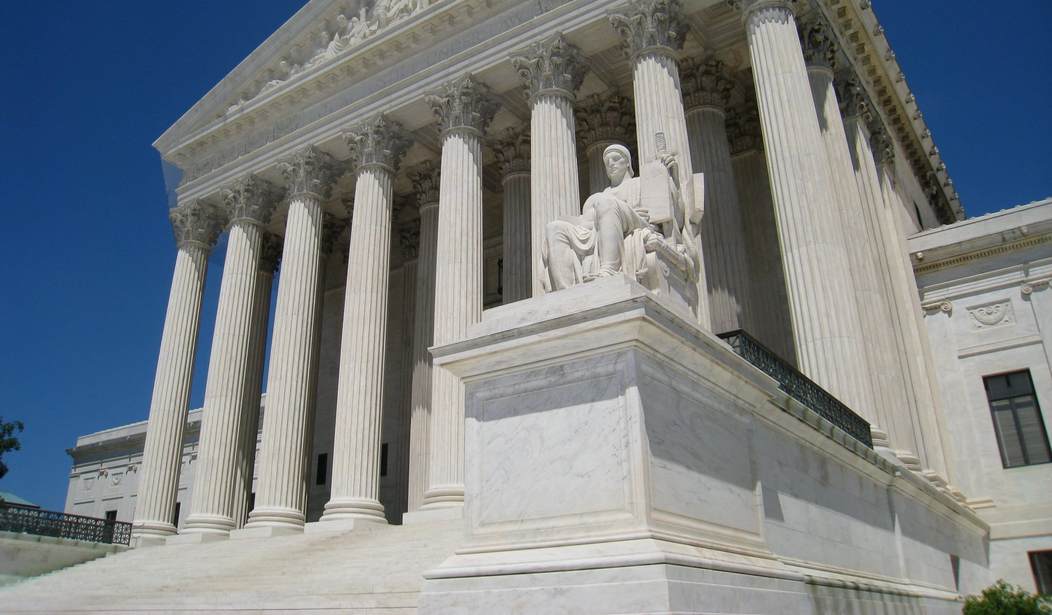Those looking for a case to challenge Roe v. Wade that five conservative Supreme Court justices might vote in favor of might find it in an Indiana suit — a “eugenics statute” — that the court will decide next week whether to take up or not.
The 2016 Indiana law makes it illegal for women to have an abortion on the basis of race, sex, or because the child has Down syndrome.
Needless to say, the issue is controversial. But if the court takes it up, it will be the first direct challenge to Roe since Brett Kavanaugh took his seat on the bench.
State lawmakers in Indiana appealed the case about a week after Kavanaugh was sworn in, arguing that “technological advances have improved … prenatal testing that screens for Down syndrome and other fetal abnormalities,” which results in most women choosing abortion when they receive a diagnosis.
The latest available data, from 1995-2011, show that 67 percent of pregnancies that test positive for Down syndrome end in abortion. Pregnant women can screen for Trisomy 21, a chromosomal abnormality, through a blood sample.
The Indiana abortion ban was signed by Vice President Mike Pence, who was governor of the state at the time. It contains exemptions for conditions that “with reasonable certainty result in the death of the child not more than three months after the child’s birth.”
These are just a few examples of abortion being used as a form of birth control, not related to the health of the woman.
What will Kavanaugh do?
The question over whether Kavanaugh would cast a deciding vote to overrule or weaken Roe featured prominently in Democratic attacks early during his confirmation hearings. Later, the messaging centered primarily on sexual assault allegations from Christine Blasey Ford, who said he touched her inappropriately and covered her mouth while he was drunk and they were both in high school.
When asked by senators about abortion, Kavanaugh cited Roe and Planned Parenthood v. Casey, decisions that legalized the procedure nationwide up until fetal viability, generally understood as up to 24 weeks. Casey allowed states to regulate abortion but prohibited them from placing an “undue burden” on women who seek an abortion.
Kavanaugh did not say during the hearings how he would rule on abortion or whether he believed women had a right to abortion, stressing instead that Casey created a ” precedent on precedent.”
I have no sense at all how Kavanaugh would rule in this case and I don’t think anyone else does either. The court itself may punt on the issue and either refuse to take up the case or try to thread the needle with a narrowly drawn ruling.
That would leave Roe intact to await perhaps another case that challenges legalized abortion more directly.










Join the conversation as a VIP Member